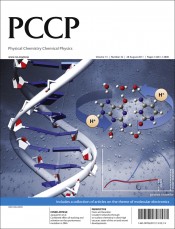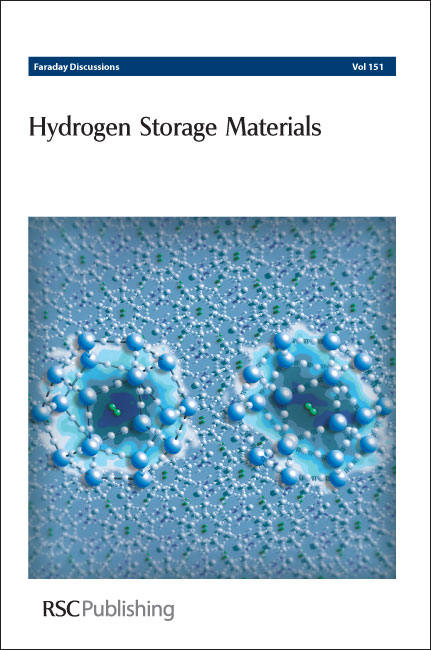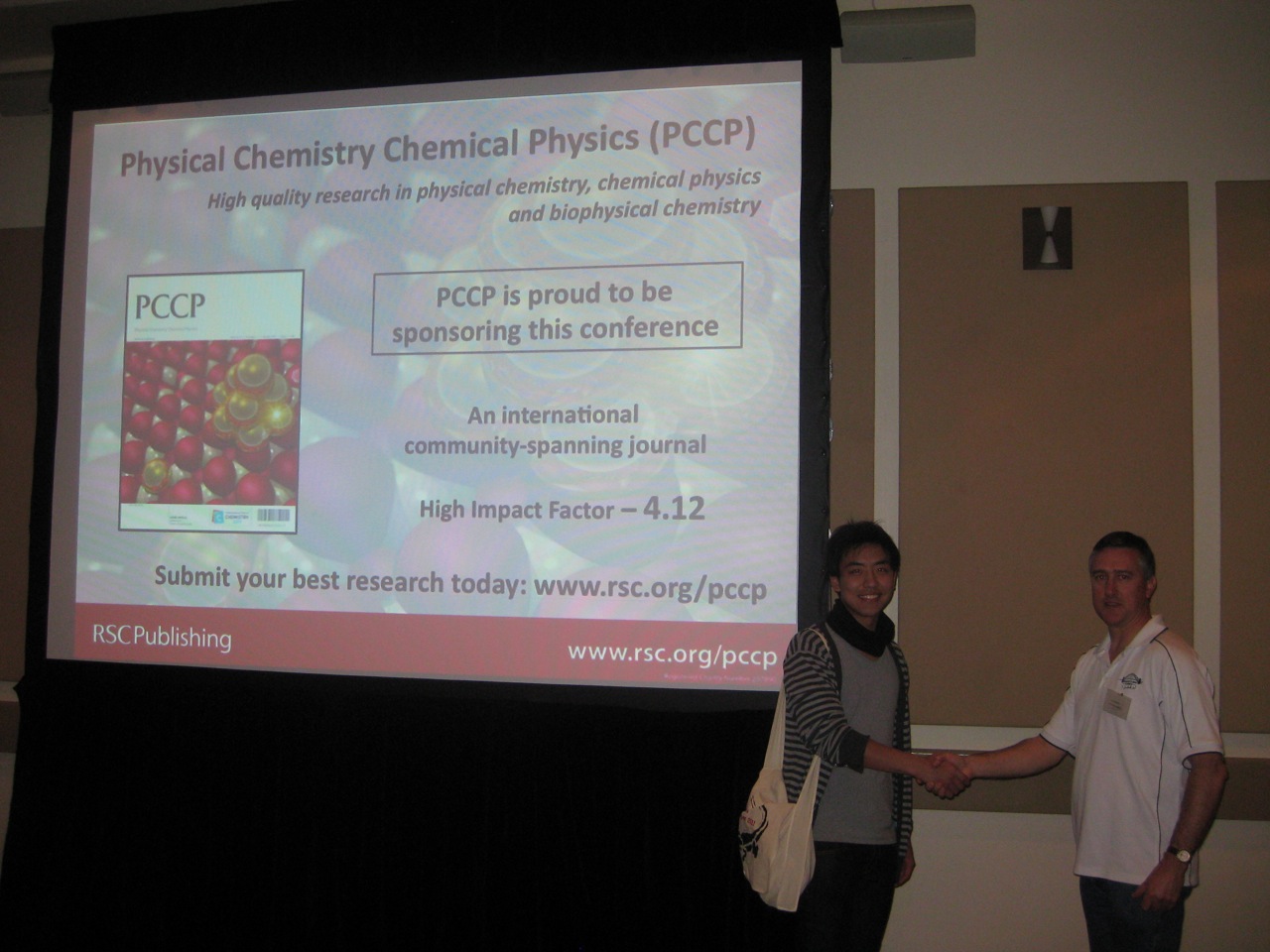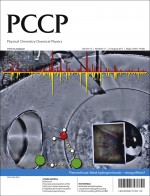On Sunday, at the ACS meeting plenary session, we heard 3 inspiring talks which highlighted the importance of this meeting’s theme: air, space and water.
Russell J. Hemley gave a fascinating lecture on his research into space; namely planetary gases, liquids and ices and how chemistry can help us to understand what goes on out there in all that darkness!
Neil Donahue followed, talking about air and his work on bulk aerosol properties. You can read all about his exciting research in his PCCP Perspective article published earlier this year:
Adventures in ozoneland: down the rabbit-hole
Neil M. Donahue, Greg T. Drozd, Scott A. Epstein, Albert A. Presto and Jesse H. Kroll
DOI: 10.1039/C0CP02564J
The final plenary lecture was given by Alan Townsend who highlighted the importance of water to all of chemistry and discussed its vital role in the nitrogen cycle.
Watch this space for more news from the Fall ACS in Denver!











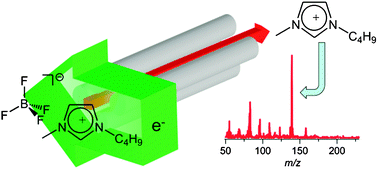 Ionic liquids (ILs) do not have a detectable vapour pressure at room temperature. But scientists at the University of Nottingham have managed to measure the enthalpy of vaporisation of a series of imidazolium-based ILs with the help of mass spectrometry.
Ionic liquids (ILs) do not have a detectable vapour pressure at room temperature. But scientists at the University of Nottingham have managed to measure the enthalpy of vaporisation of a series of imidazolium-based ILs with the help of mass spectrometry.
